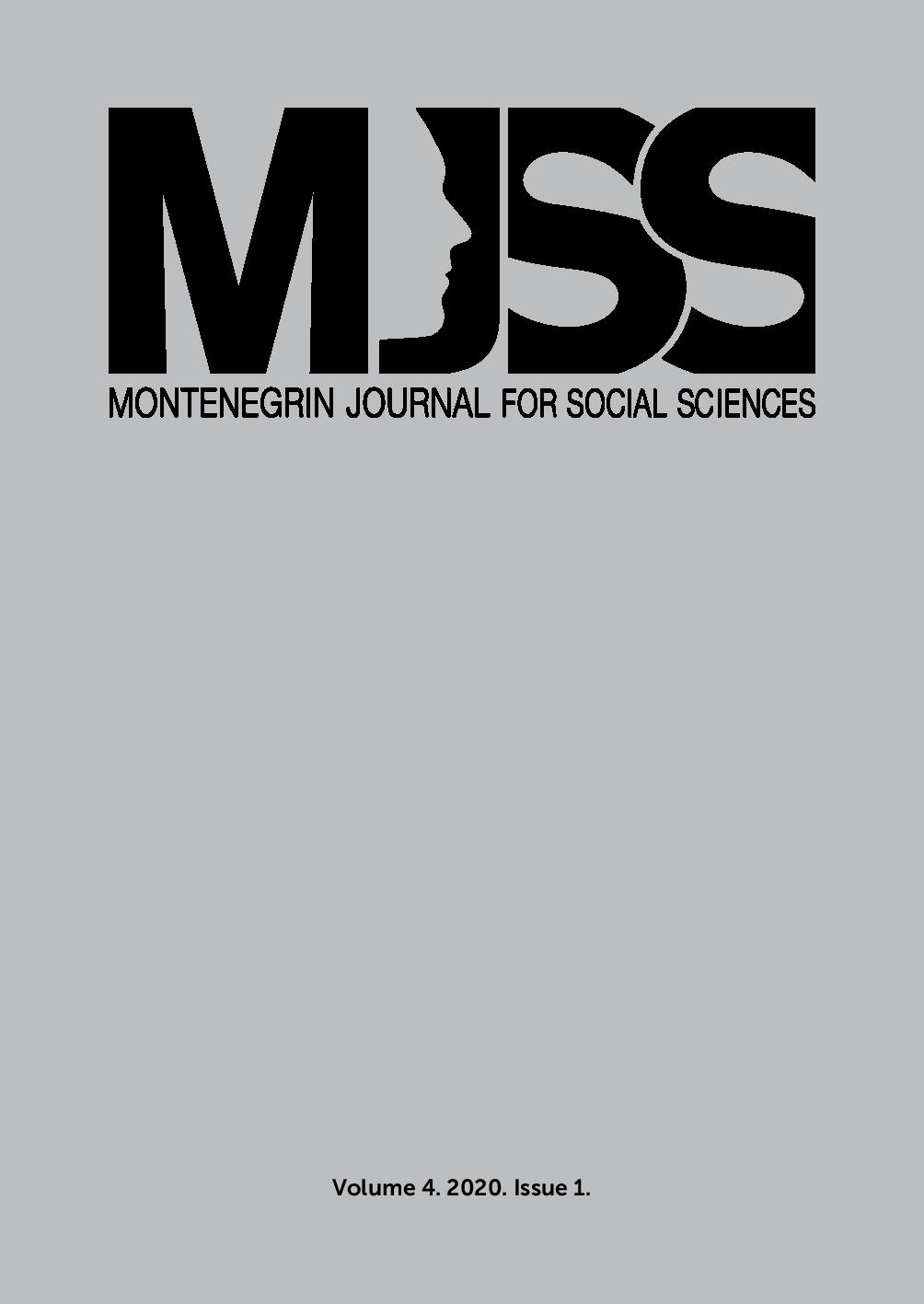IMAGINING YUGOSLAVIA A SOCIAL CONSTRUCT OR/AND AN IDEA WITH THE PURPOSE
IMAGINING YUGOSLAVIA A SOCIAL CONSTRUCT OR/AND AN IDEA WITH THE PURPOSE
Author(s): Vesko GarčevićSubject(s): Special Historiographies:, Period(s) of Nation Building, History of Communism
Published by: Centar za Geopolitiku
Keywords: Yugoslavia; nation-building; civic nation; collective memory
Summary/Abstract: Given its length and other similar works in this field, this essay has a rather limited ambition. It focuses on a particular argument often used in the nationalistic narrative – the argument that Yugoslavia was an artificial state. The work primarily discusses how the Yugoslav idea was born and argues that the process of “imagining Yugoslavia” captured the zeitgeist of the late 18th and 19th century when modern European nations were born. The Yugoslav idea was a reflection of the epoch of national awakening. Yugoslavia was the embodiment of south Slavs’ dreams and interests to live in one country. It was a social construct much like every other state, and it constructed its identity, myths and collective memory as every other state had done before. The paper argues that Yugoslavia had difficulty to maintain “mass support” because it was a civic nation organized as a multinational state. Its major challenge throughout its short existence was to keep “national and political unity” in congruence, which is, according to Ernest Gellner, a precondition for a nation to exist.
Journal: Montenegrin Journal for Social Sciences
- Issue Year: 4/2020
- Issue No: 1
- Page Range: 7-33
- Page Count: 27
- Language: English

